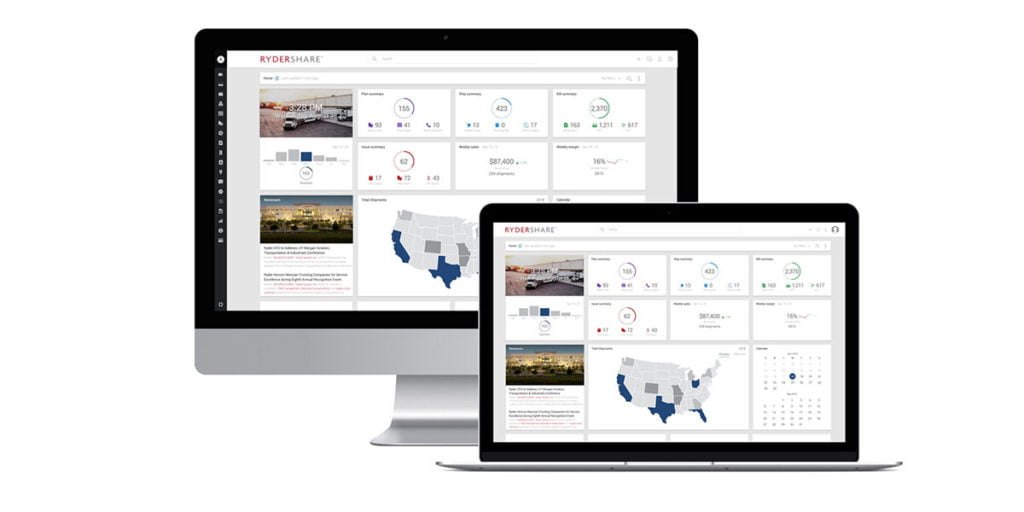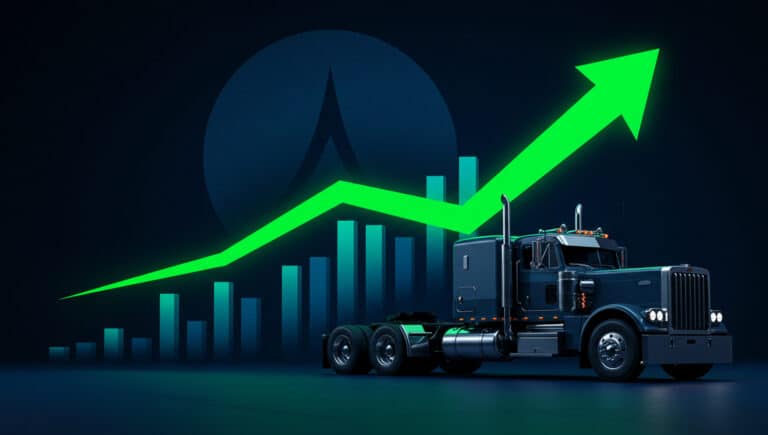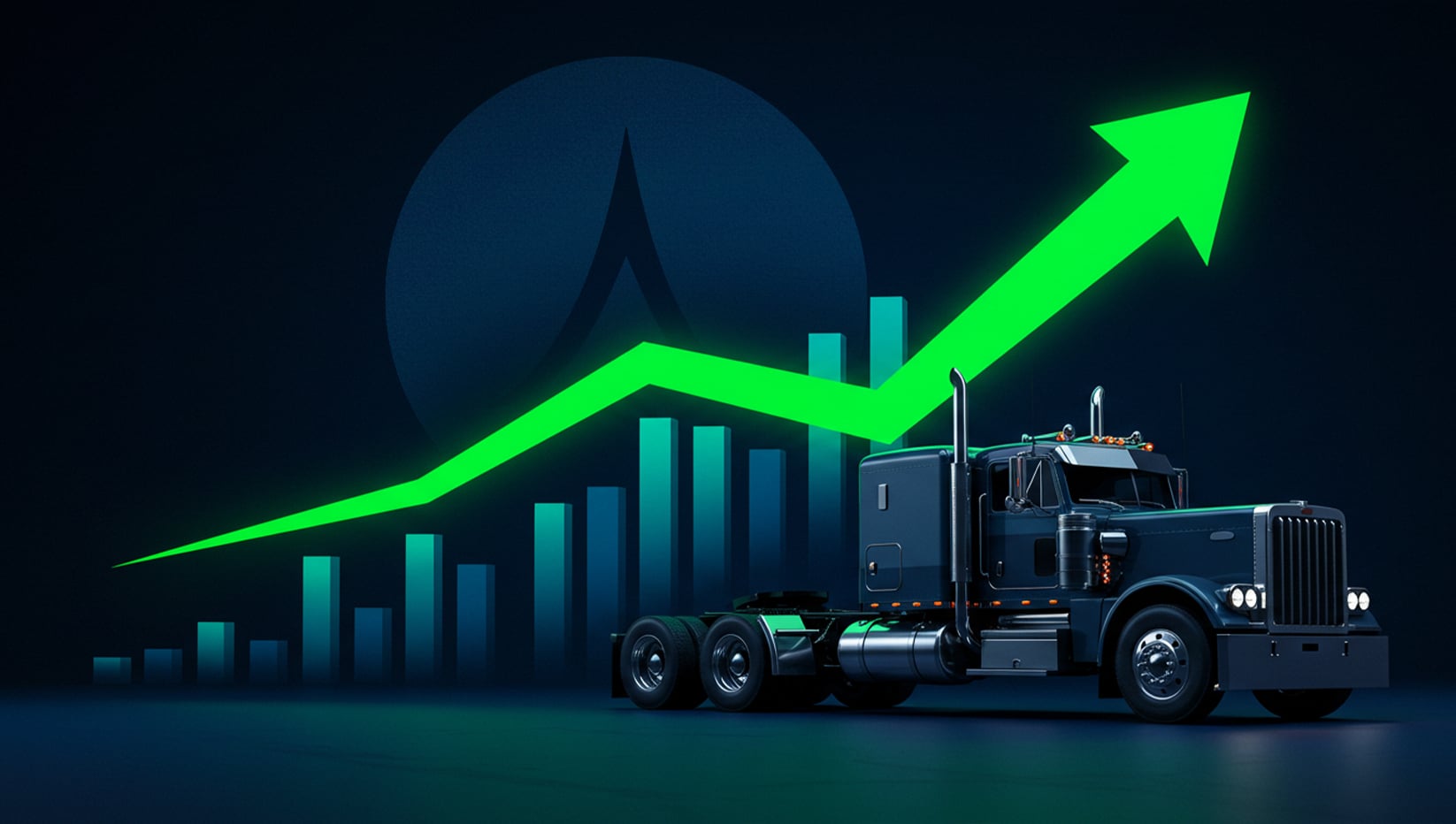In an era where data is the new oil, leveraging supply chain analytics has become essential for businesses aiming to stay ahead of the competition. The latest developments in this field are revolutionizing how companies manage their supply chains, providing deeper insights, enhancing efficiency, and driving strategic decision-making. Understanding and utilizing these advancements can give your business a significant competitive edge.
Harnessing Big Data for Predictive Analytics
The explosion of big data has paved the way for predictive analytics in supply chain management. By analyzing vast amounts of data from various sources, predictive analytics helps businesses anticipate demand, manage inventory more effectively, and optimize production schedules. This foresight allows companies to reduce costs, minimize waste, and respond swiftly to market changes. Incorporating predictive analytics into your supply chain strategy can improve accuracy in forecasting and enhance overall operational efficiency.
Enhancing Visibility with Real-Time Data
Real-time data collection and analysis are critical components of modern supply chain analytics. With the integration of Internet of Things (IoT) devices, sensors, and advanced tracking technologies, businesses can monitor their supply chains in real-time. This enhanced visibility enables quick identification and resolution of bottlenecks, ensures timely deliveries, and improves coordination across different stages of the supply chain. Real-time data not only supports better decision-making but also enhances customer satisfaction by providing accurate delivery information.
Optimizing Operations with Advanced Algorithms
Machine learning and artificial intelligence (AI) are transforming supply chain analytics by introducing advanced algorithms that can optimize various aspects of supply chain operations. These algorithms analyze complex datasets to identify patterns and trends, enabling more efficient route planning, inventory management, and demand forecasting. AI-powered tools can also automate routine tasks, allowing supply chain managers to focus on strategic initiatives. Embracing these technologies can lead to significant improvements in productivity and cost savings.
Improving Collaboration Through Integrated Platforms
Integrated supply chain analytics platforms are fostering better collaboration between different stakeholders. By providing a unified view of the entire supply chain, these platforms facilitate seamless communication and coordination. Businesses can share critical information with suppliers, partners, and customers, ensuring everyone is on the same page. Improved collaboration leads to more synchronized operations, reduces the risk of disruptions, and enhances overall supply chain performance.
Driving Sustainability with Data-Driven Insights
Sustainability is becoming a critical focus for many businesses, and supply chain analytics can play a pivotal role in achieving sustainability goals. By analyzing data related to energy consumption, emissions, and resource utilization, companies can identify areas for improvement and implement more sustainable practices. Data-driven insights help in optimizing transportation routes, reducing waste, and promoting eco-friendly production methods. Incorporating sustainability into your supply chain strategy not only benefits the environment but also enhances brand reputation and customer loyalty.
Embracing the Future of Supply Chain Analytics
The latest developments in supply chain analytics offer powerful tools for businesses looking to gain a competitive edge. By harnessing big data, leveraging real-time insights, optimizing operations with AI, enhancing collaboration through integrated platforms, and ensuring security with robust cybersecurity analytics, companies can transform their supply chains into efficient, responsive, and sustainable networks.
Staying ahead in the competitive landscape requires continuous innovation and adaptation. Embrace the advancements in supply chain analytics to drive strategic decision-making, improve operational efficiency, and build a resilient supply chain that can withstand the challenges of today and tomorrow.









